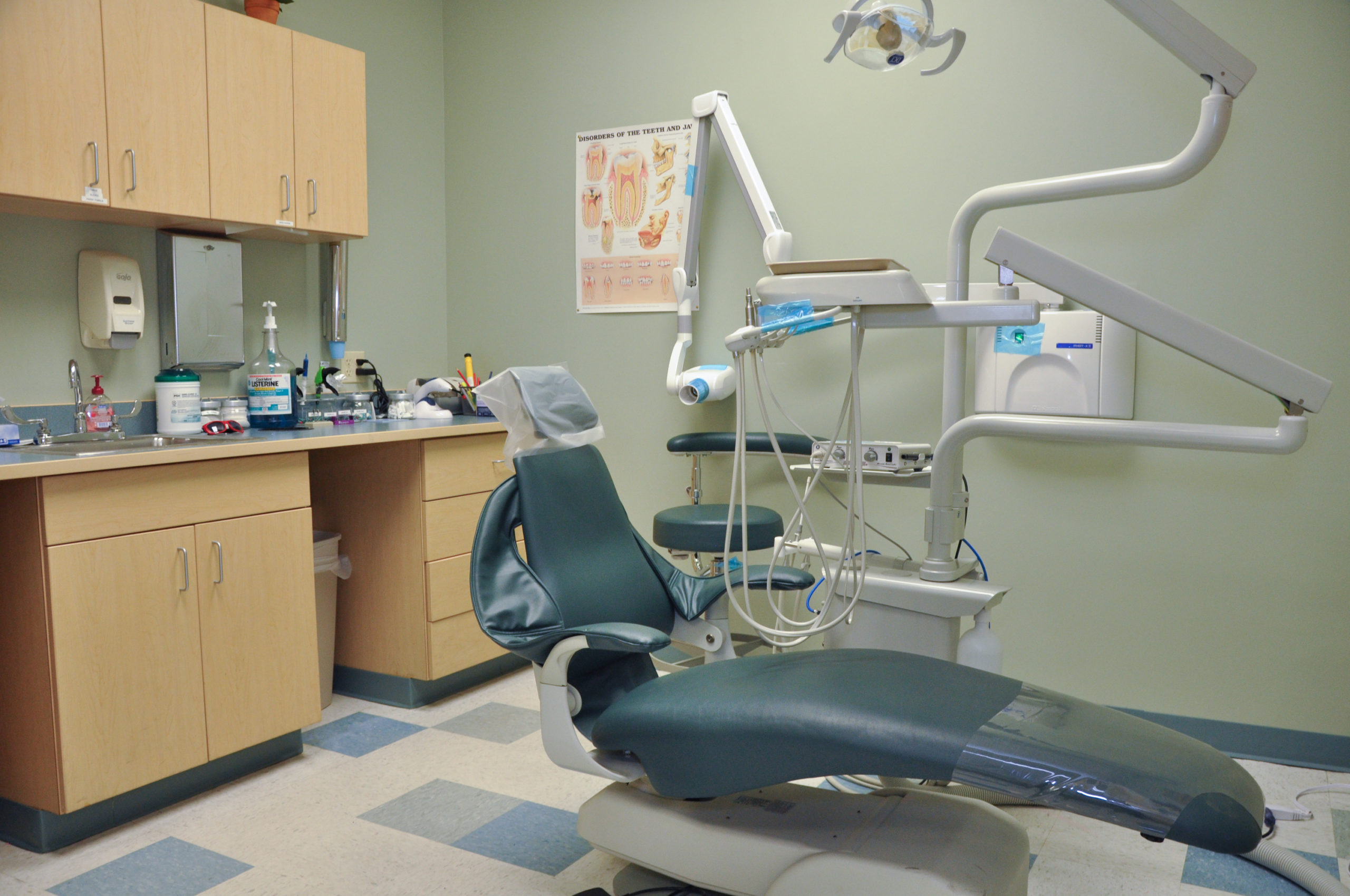Locate the most effective Dentist in Eugene Oregon for Your Family members's Oral Demands
Locate the most effective Dentist in Eugene Oregon for Your Family members's Oral Demands
Blog Article
Discover Regular Oral Concerns Your Dental Expert Can Solve
Comprehending constant dental issues is essential for maintaining ideal oral wellness. Concerns such as tooth cavities, periodontal disease, tooth level of sensitivity, foul-smelling breath, and dental cavity prevail yet often forgotten until they become serious. Dental experts have the knowledge to detect and deal with these conditions, therefore protecting against further problems. Routine dental visits and personalized care plans can resolve these issues properly, making sure a much healthier and brighter smile. But what specific therapies do dental experts utilize to deal with these problems, and exactly how can early intervention make a difference? The answers to these questions offer valuable insights right into protecting your oral health.
Tooth Cavities
Dental caries, also known as dental cavities, are a prevalent oral health and wellness problem created by the demineralization of tooth enamel as a result of acid production from bacterial plaque. This procedure starts when bacteria in the mouth metabolize sugars and starches from food, creating acids that erode the enamel. Otherwise attended to immediately, this disintegration can permeate much deeper into the tooth, impacting the dentin and ultimately the pulp, possibly bring about extreme pain and infection.
The onset of cavity formation frequently existing as white areas on the tooth surface area, suggesting first demineralization. As the process proceeds, these areas can establish into brown or black sores, representing much more comprehensive decay. Routine dental exams are essential for early discovery, as dental caries in their inceptive stages can be treated with remineralization techniques, such as fluoride treatments.
Once a dental caries has actually developed, restorative treatment is required. Dentists typically eliminate the decayed section of the tooth and fill the cavity with products such as composite resin, amalgam, or ceramic. In more extreme situations, a crown or origin canal therapy may be called for. Preventive measures, consisting of great oral health techniques and nutritional modifications, play a crucial function in reducing the threat of cavities.
Gum Tissue Condition
While dental caries represent a substantial problem for oral health, an additional critical issue that requires attention is gum illness. Also referred to as gum disease, gum illness is an inflammatory problem impacting the cells surrounding and sustaining the teeth. It is largely triggered by the accumulation of plaque-- a sticky film of germs that bases on teeth.
Gum condition advances via phases, beginning with gingivitis, defined by soreness, swelling, and hemorrhaging gums (eugene dentist). If left without treatment, gingivitis can rise to periodontitis, where the internal layer of the gum and bone pull away from the teeth, developing pockets that end up being infected. Gradually, the toxic substances created by the germs break down the bone and connective tissue that hold teeth in area, possibly leading to tooth loss
Early discovery and therapy are critical. Specialist oral cleanings and improved oral health practices, such as cleaning two times daily and flossing, can manage gingivitis. For advanced phases, therapies might include scaling and root planing, antibiotics, and even medical treatments.
Routine dental check-ups play a pivotal function in stopping and managing gum condition. Dentists can identify very early indicators and recommend ideal treatments, guaranteeing the maintenance of healthy and balanced gums and general oral health.
Tooth Level Of Sensitivity
Tooth sensitivity affects millions of people worldwide, offering a common yet usually traumatic dental problem. This condition arises when the enamel, the outer protective layer of the teeth, is endangered, exposing the underlying dentin.
A number of factors add to enamel disintegration and succeeding tooth level of sensitivity, including hostile brushing, acidic foods and beverages, periodontal recession, and bruxism (teeth grinding) In addition, dental treatments such as teeth whitening can momentarily heighten level of sensitivity.
Foul Breath
One more common oral issue that impacts individuals' day-to-days live misbehaves breath, medically called bad breath. This condition can be particularly traumatic, affecting individual communications and self-worth. Bad breath often stems from bad dental hygiene, which permits food particles to continue to be in the mouth, cultivating bacterial growth. These microorganisms produce sulfur substances, leading to unpleasant odors.

Dentists play a critical role in treating and identifying halitosis. They can determine the source with a comprehensive assessment and provide tailored recommendations and treatment plans. Recommendations might involve boosting dental health practices, such as routine cleaning and flossing, utilizing anti-bacterial mouthwashes, staying hydrated, and attending to any type of oral concerns. Sometimes, a referral to a specialist may be essential to tackle underlying health issue adding to halitosis. Reliable monitoring of bad breath not just improves dental health but additionally substantially enhances top quality of life.
Dental Cavity
Stopping tooth decay entails a combination of great oral health techniques and routine dental check-ups. Brushing teeth at the very least two times daily with fluoride tooth paste, flossing to remove plaque in between teeth, and limiting the consumption of sugary foods and drinks are important safety nets. Fluoride therapies, dental sealers, and expert cleansings provided by a dental practitioner can additionally play a significant role in fortifying enamel and stopping degeneration.
Dentists can eliminate decayed cells and restore the tooth with dental fillings made from products such as composite material, amalgam, or porcelain. By addressing tooth degeneration quickly, dental experts assist maintain dental framework and feature, making sure long-term dental health.
Conclusion
Resolving usual dental worries such as tooth cavities, gum disease, tooth sensitivity, foul-smelling breath, and dental caries is vital for keeping ideal dental wellness and total wellness. Dental professionals possess the expertise to diagnose and deal with these concerns efficiently, making certain customized look after each individual. Normal preventative measures and oral exams are essential in identifying and taking care of these concerns early, advertising a healthier and a lot more confident smile over a lifetime.

Tooth decay, likewise recognized as oral cavities, occurs when the enamel, the outer layer of the tooth, is worn down by acids created by germs in the mouth. Cleaning teeth at least two times daily with fluoride tooth paste, flossing to remove plaque between teeth, and limiting the consumption of sweet foods and beverages are important precautionary actions.Addressing typical dental problems such as dental caries, gum condition, tooth sensitivity, negative breath, and tooth degeneration is critical for keeping optimal dental health and overall wellness.
Report this page